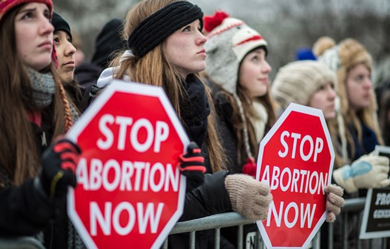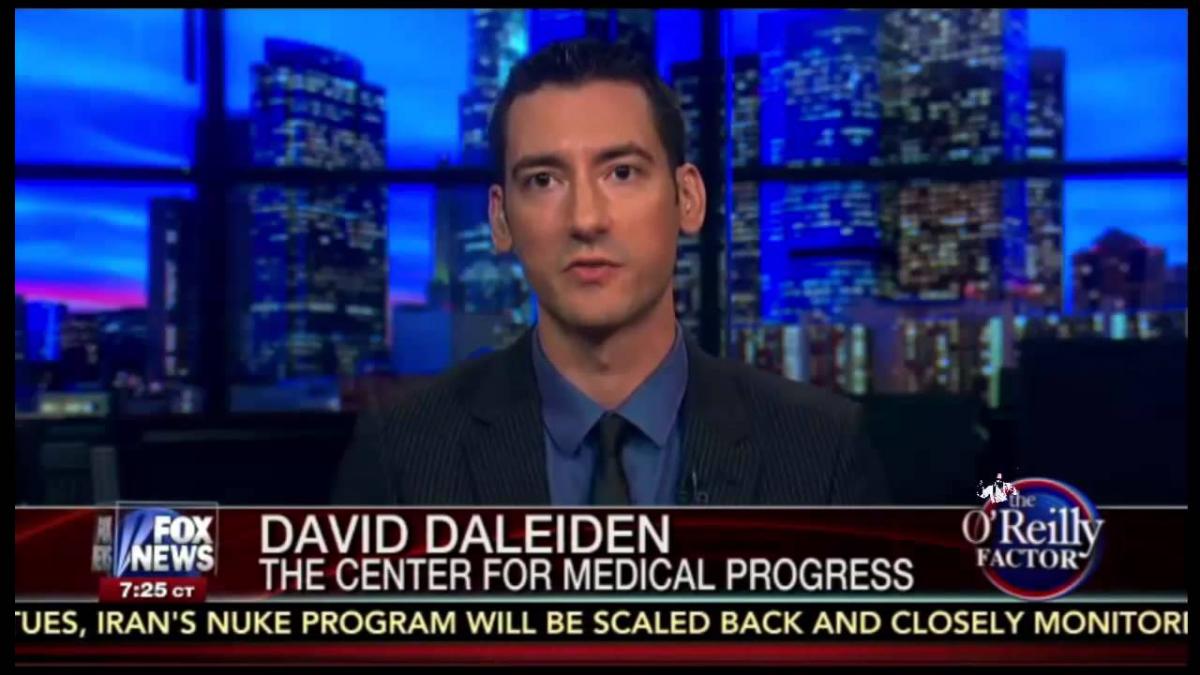Over the summer, anti-choice activists began accusing Planned Parenthood of illegally profiting off the fetal tissue that a handful of its clinics allow women to donate to medical research. Although only one percent of Planned Parenthood’s clinics currently even offer that option, the women’s health provider’s critics have spent months baselessly claiming that the organization is profiting off the practice.
Those claims have not held up to scrutiny and last week Planned Parenthood announced that its two remaining clinics that legally accept reimbursement for fetal tissue donation will no longer do so in order to completely dispel the rumor that the organization is profiting off donations for medical research.
But, of course, with anti-choice activists Planned Parenthood just can’t win. After the anti-abortion movement spent months claiming that Planned Parenthood’s acceptance of reimbursements for fetal tissue was a big money-making scheme, one Religious Right group is now claiming that the organization’s decision to stop accepting those reimbursements is an even bigger money-making scheme.
In its weekly email newsletter on Friday, the Southern Baptist Convention’s Ethics and Religious Liberty Commission acknowledged that Planned Parenthood could never have made much money from tissue donation even if it was breaking the law and alleged that the organization is now absorbing all the costs of tissue donation because “they can make even more money by not accepting direct reimbursements.”
PP believes that by giving up the reimbursements, they can win a PR victory by convincing the public that this was merely an indirect attack on abortion rights.
The second, unstated, reason is likely that PP knows they can make even more money by not accepting direct reimbursements. Less than 1 percent of PP’s clinics earn any money by being compensated for fetal tissue donations. But now PP can solicit funding from 100 percent of their donor base to cover the cost of the fetal remains they provide to researchers.
It not surely no coincidence that PP announced the policy just before they begin their fundraising campaign for end-of-year donations. By overhyping their role in fetal tissue research—what they call “this limited but important work”—they will convince their donor base that they have made a noble sacrifice that will require compensation. Overall, PP is likely to make much more money from pro-abortion advocates by fundraising off this issue than they ever made in direct compensation from actual fetal tissue donations.






